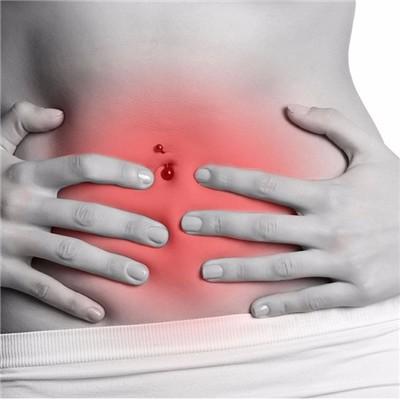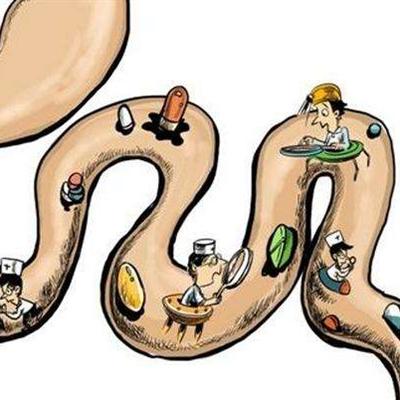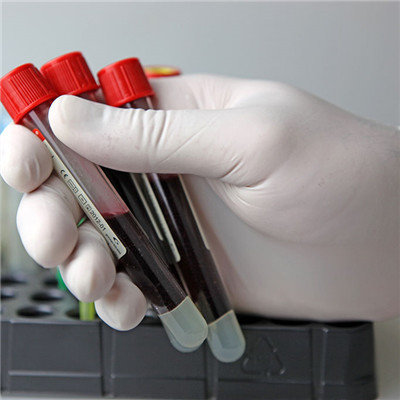What symptom does sinus arrhythmia have?
summary
"Arrhythmia" refers to the heart beat faster or slower than usual. Tachycardia, bradycardia or arrhythmia caused by cardiac autonomic abnormality or conduction disorder; Mental stress, a lot of smoking, drinking, drinking strong tea or coffee, excessive fatigue, severe insomnia and so on are often the inducing factors of arrhythmia; Arrhythmia is especially common in patients with heart disease, also often occurs in anesthesia, surgery or after surgery. What symptom does sinus arrhythmia have? Let's talk about it
What symptom does sinus arrhythmia have?
Children's symptoms are lighter than adults, often lack of chief complaint, individual elderly children can describe palpitation, chest tightness, discomfort. It is often found in auscultation or ECG examination that sinus arrhythmia may be related to the breathing cycle, which is accelerated when inhaled and slowed down when exhaled. Sinus arrhythmia has no clinical significance.
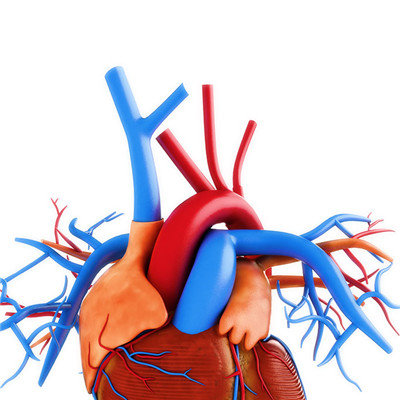
Respiratory sinus arrhythmia, sinus P wave; Arrhythmia is related to breathing. It slows down when exhaling, speeds up when inhaling, and turns to regular rhythm when holding breath; On the same lead, the difference of P-P distance was more than 0.12 seconds;
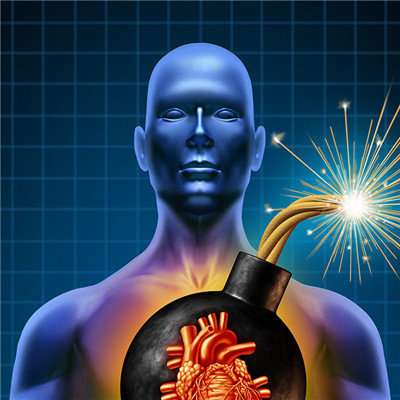
The manifestation of non respiratory sinus arrhythmia was similar to that of respiratory sinus arrhythmia; Arrhythmia has nothing to do with respiratory cycle.
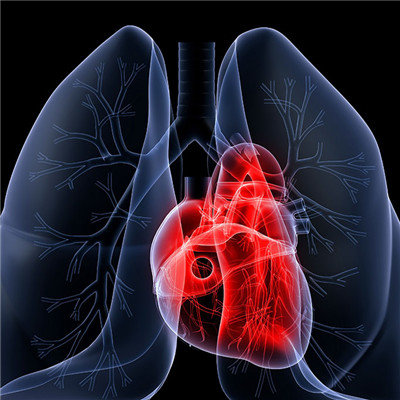
matters needing attention
The treatment of sinus tachycardia is mainly to remove the inducements, such as pain relief, control of infection, correction of anemia, improvement of cardiac function, control of hyperthyroidism and so on β Receptor blocker therapy. However, it should be noted that sinus tachycardia is mostly caused by physiological stress response, so when the inducement is not removed β Receptor blockers should not be widely used to prevent excessive cardiac inhibition.



